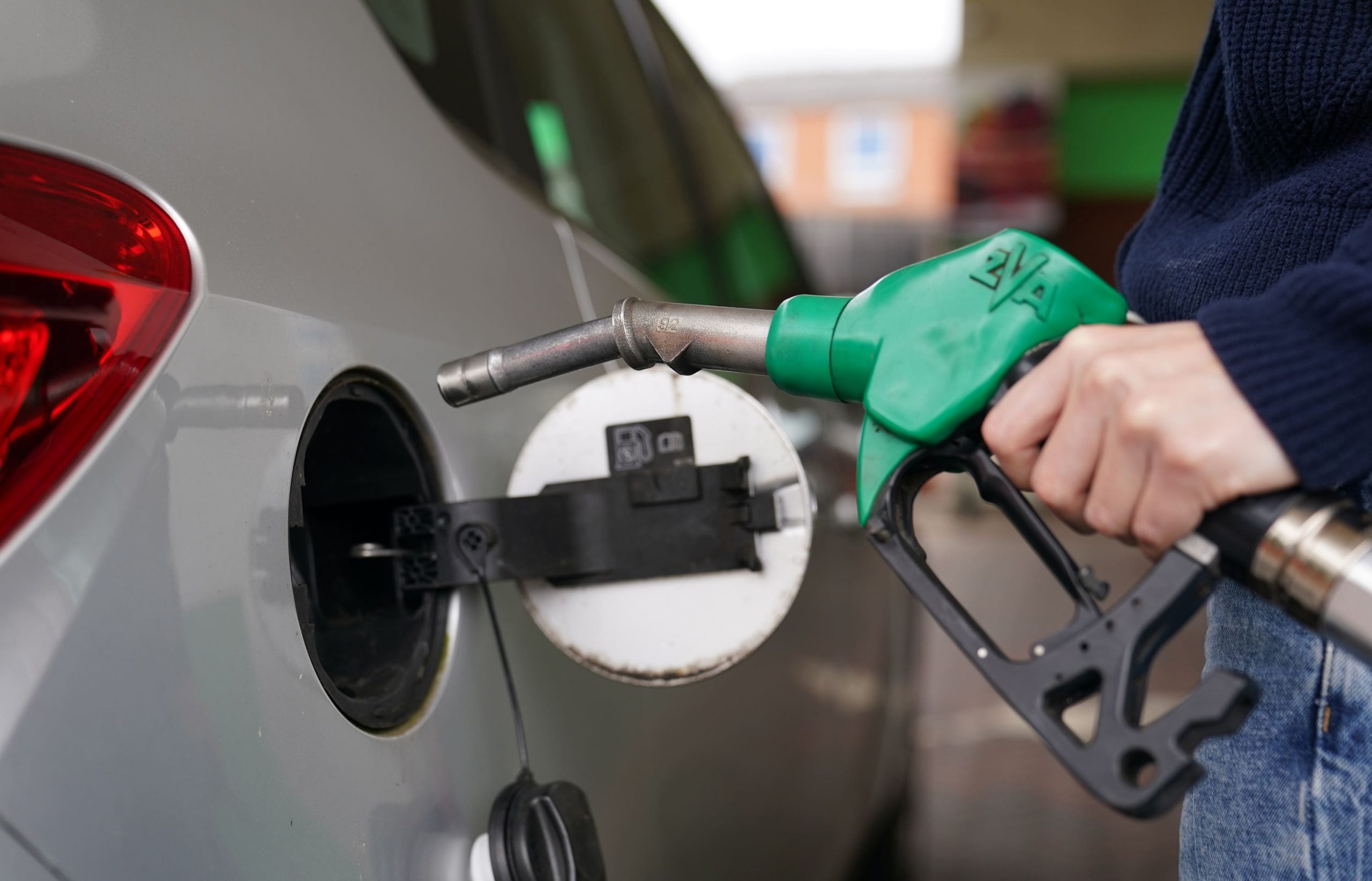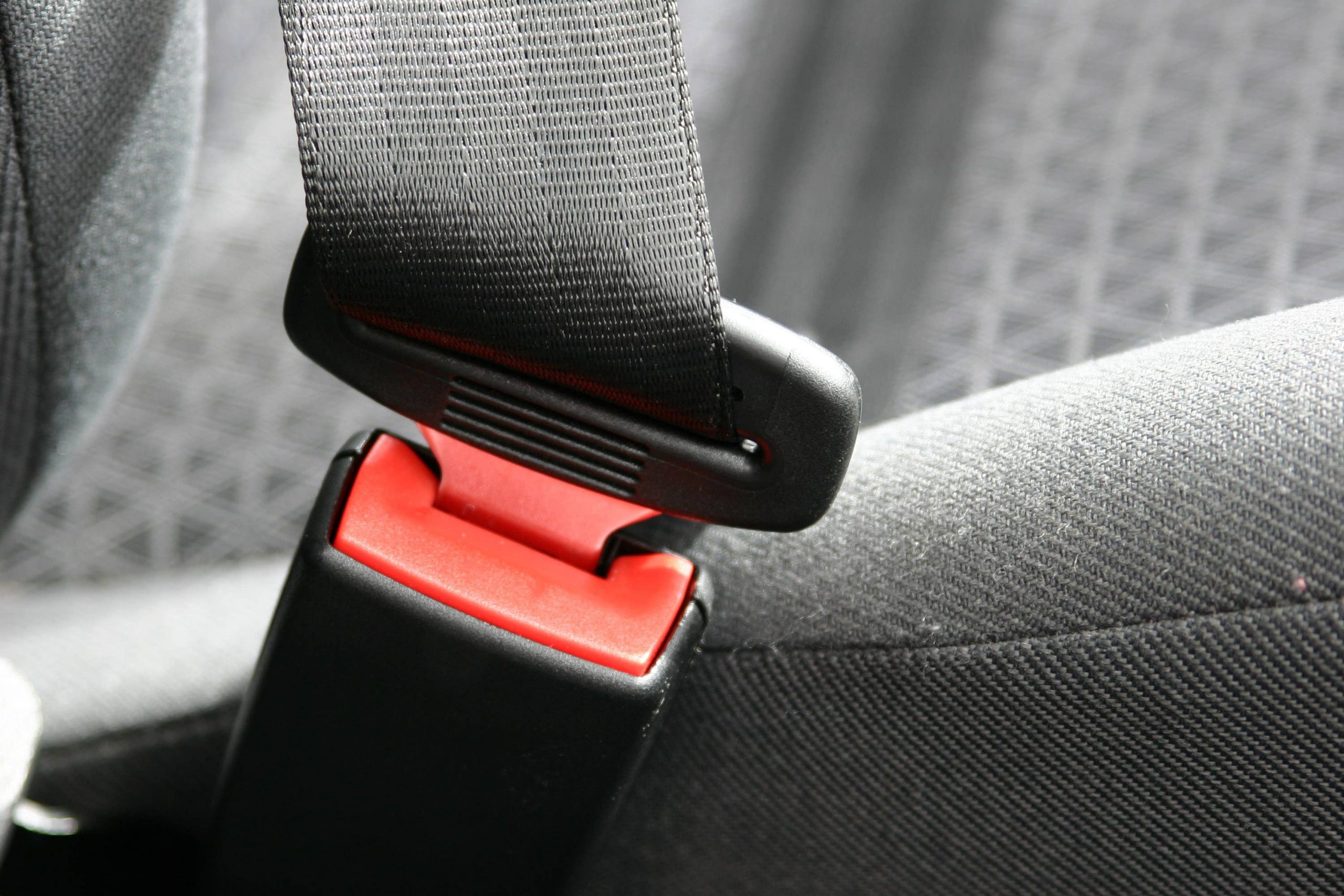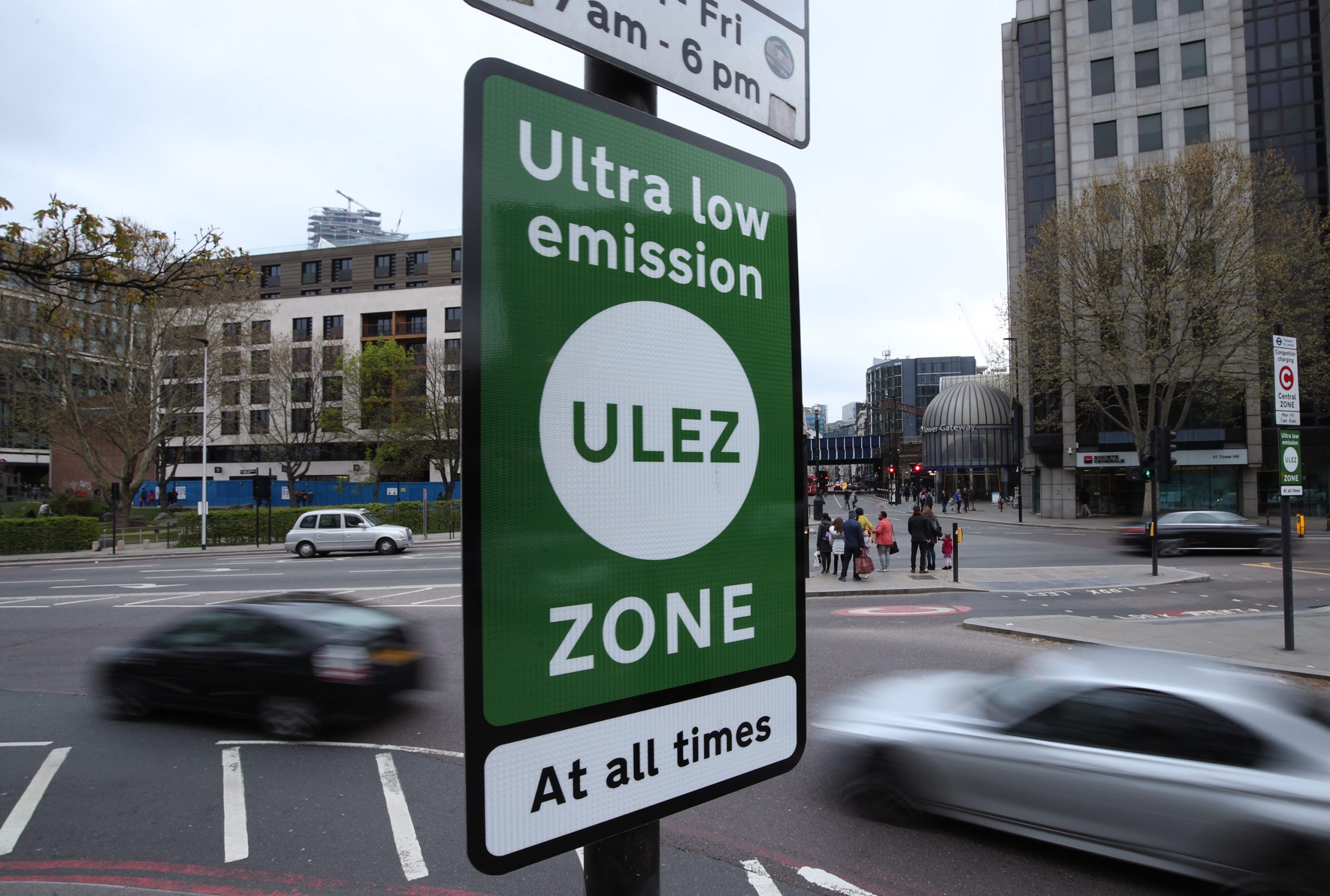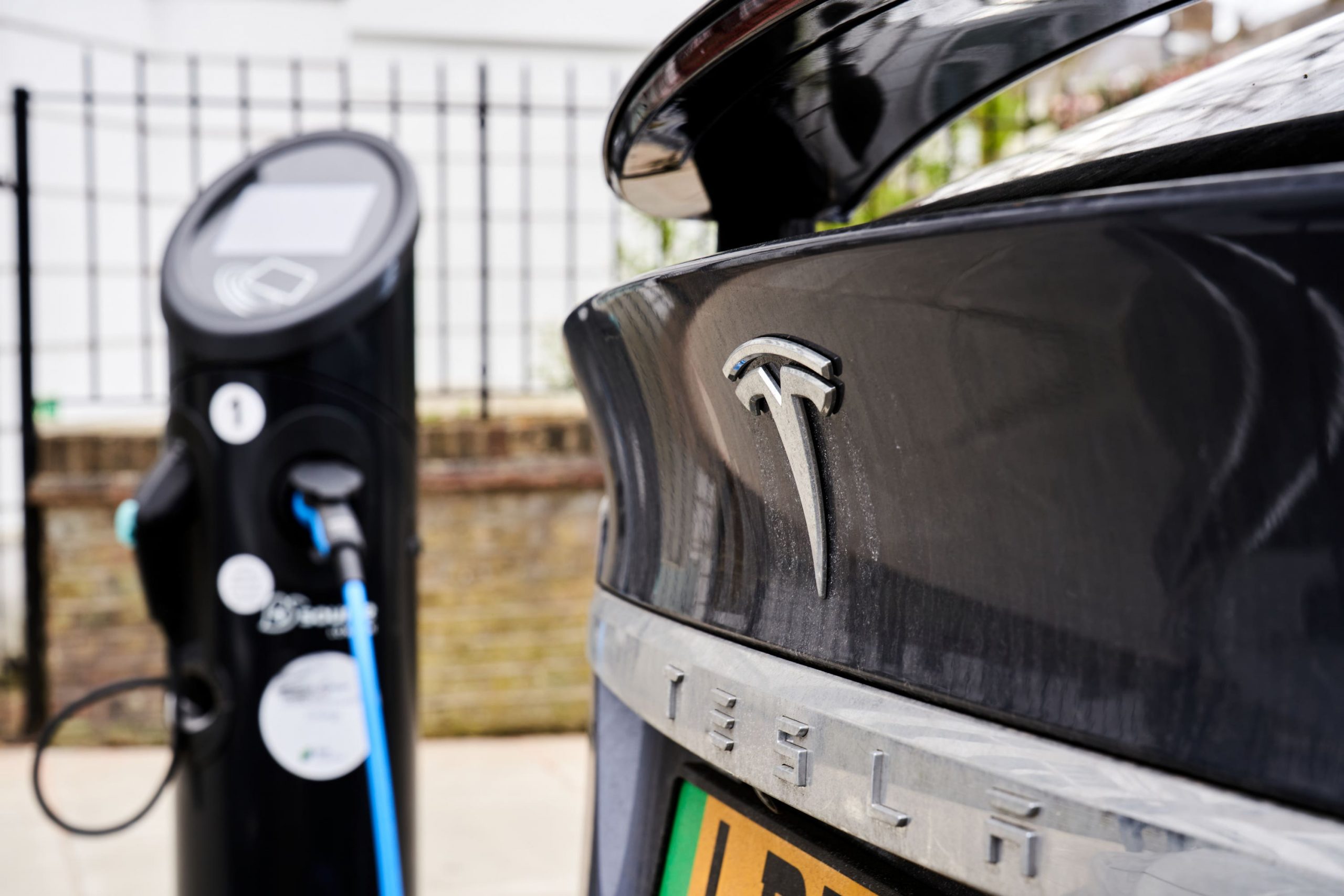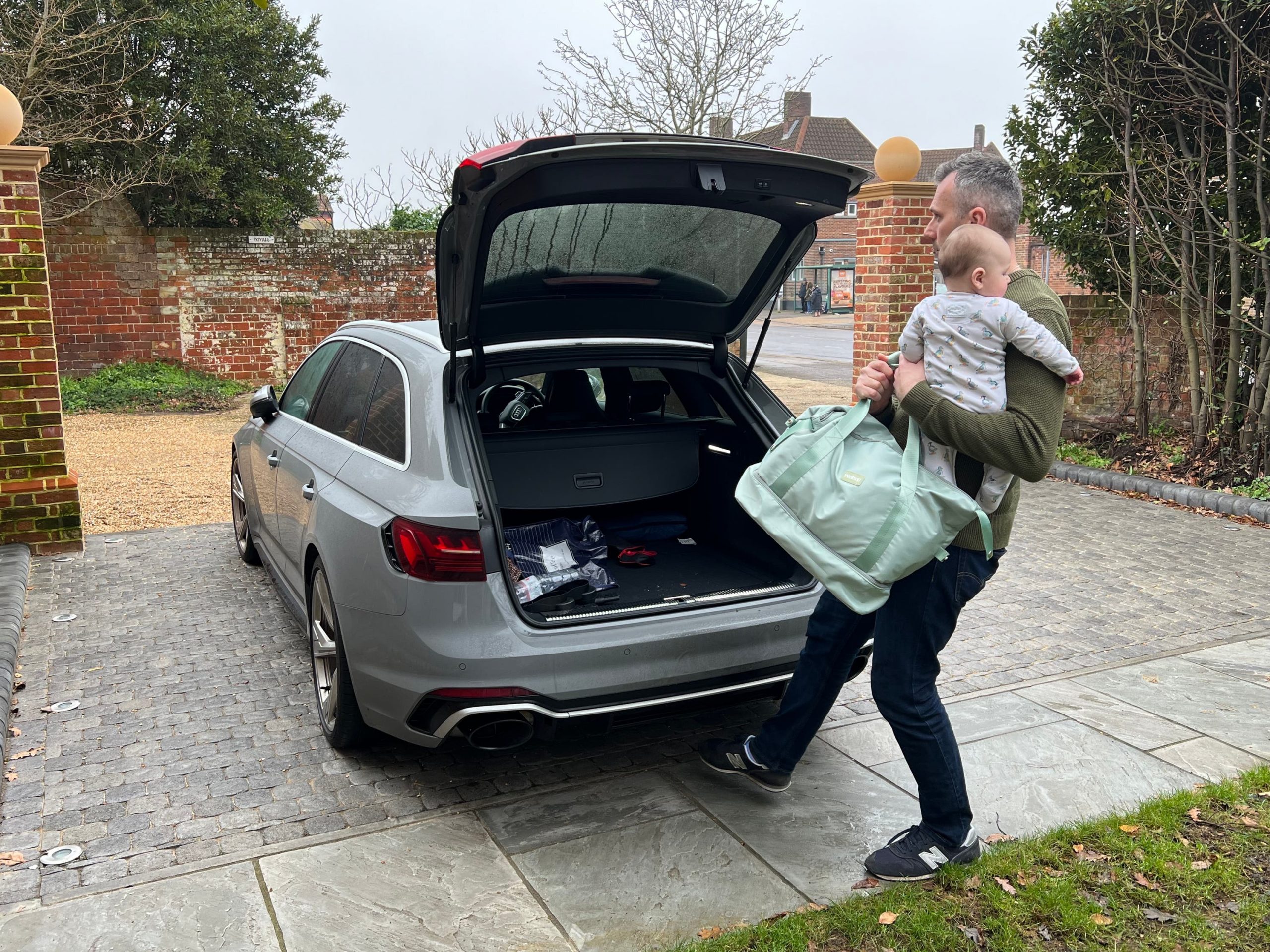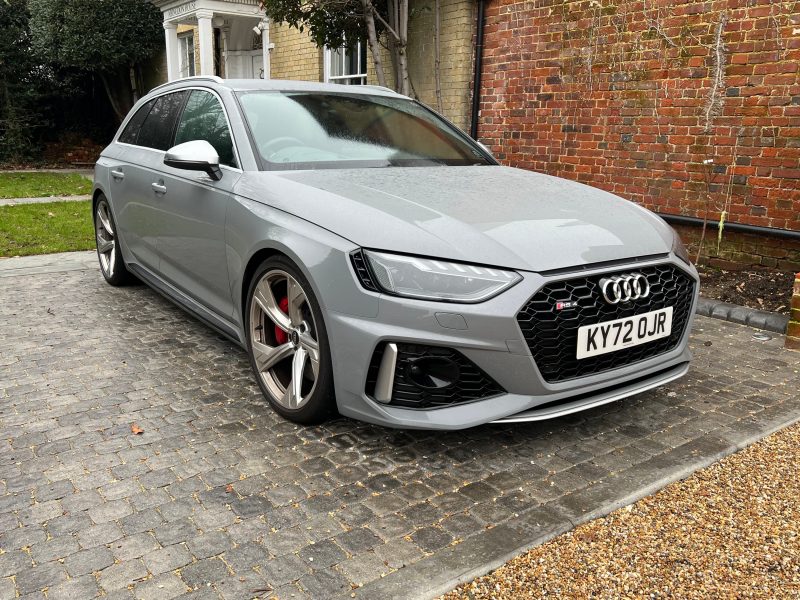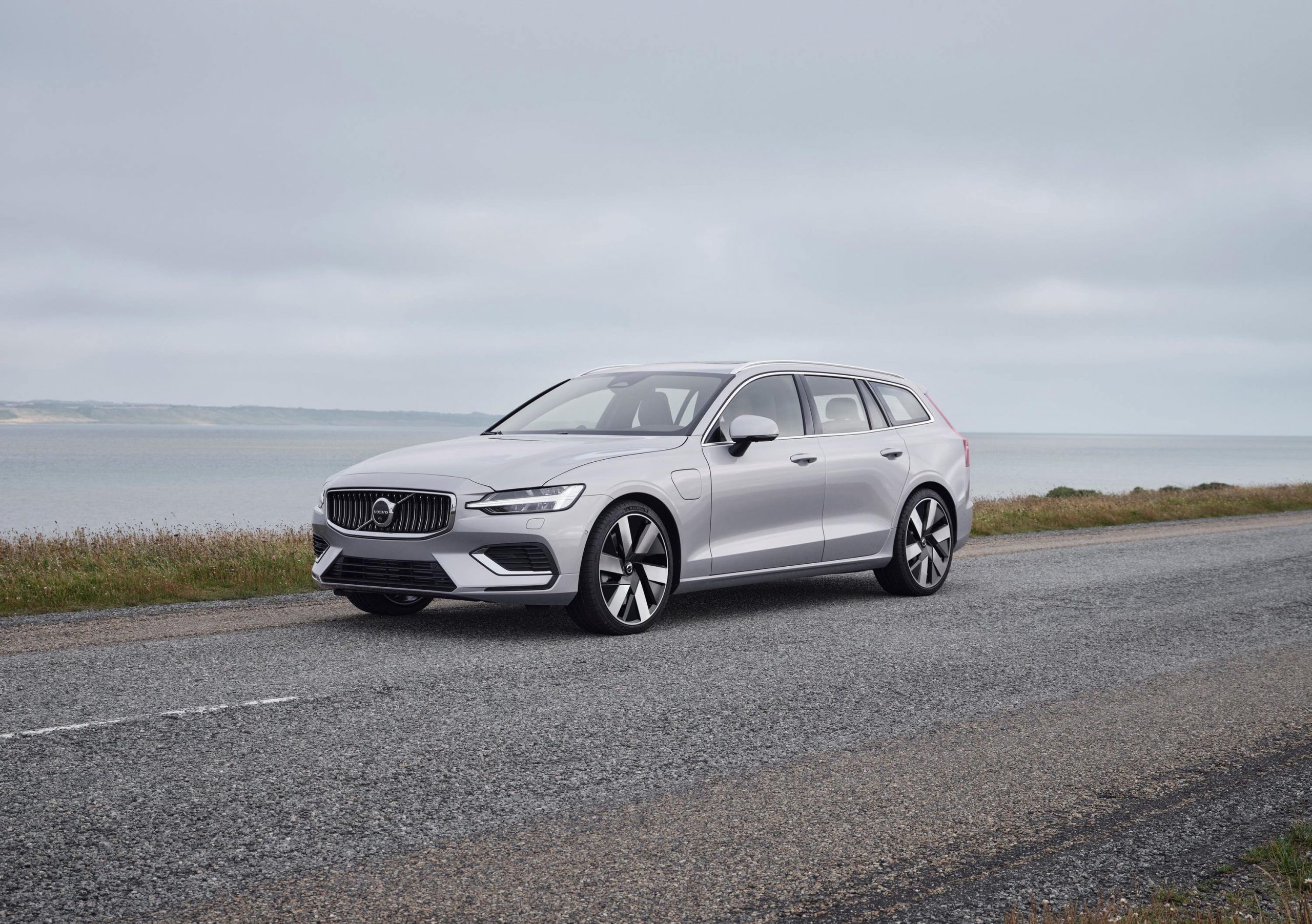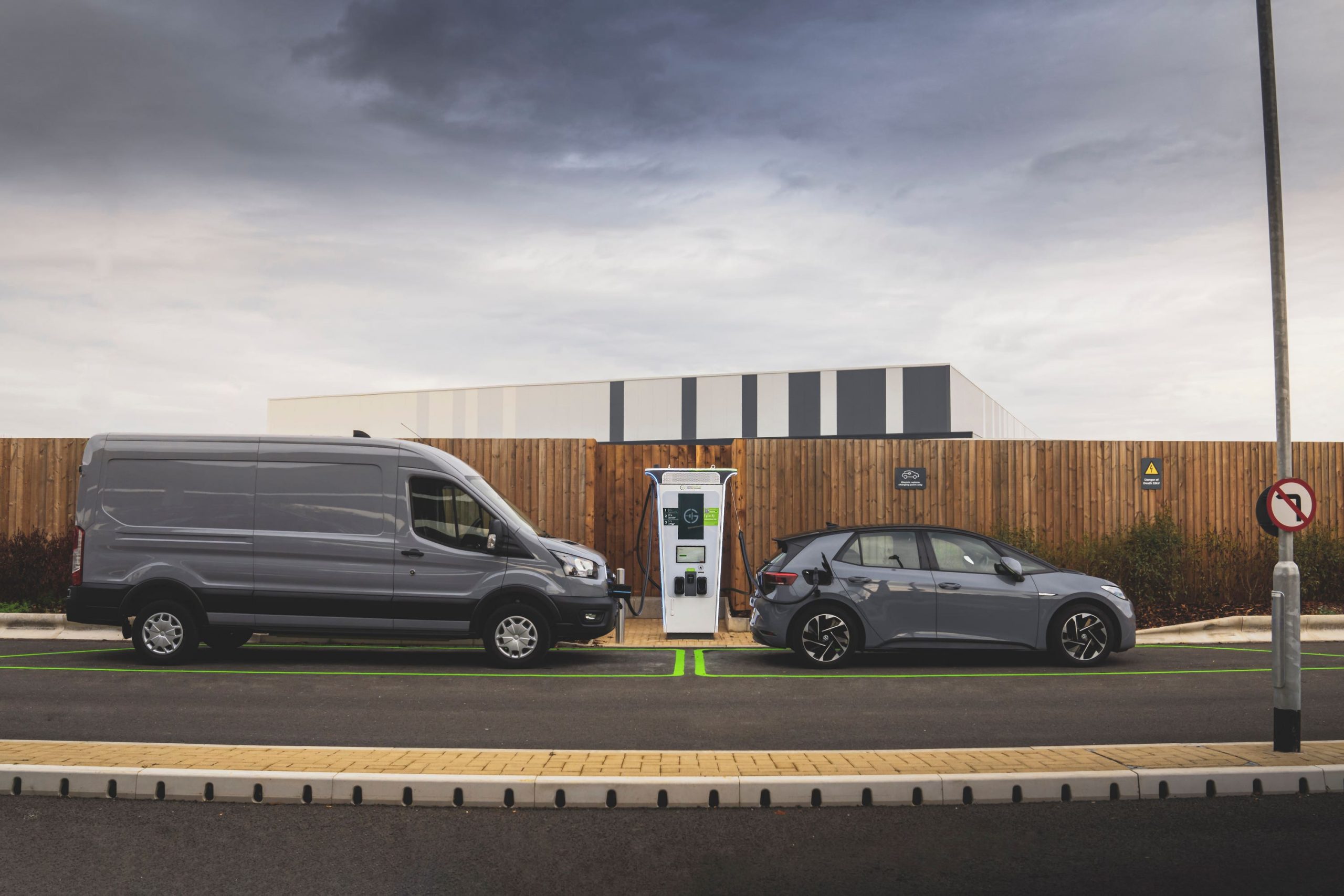Drivers are being hit by rising fuel prices after an increase in oil costs.
The average price of a litre of petrol at UK forecourts on Monday was 148.8p, figures from data company Experian show.
That was up from 148.4p a week earlier but remains considerably lower than the record high of 191.5p in July 2022.
AA fuel price spokesman Luke Bosdet said: “After a fall of close to 43p a litre since the summer record, drivers feared that a rebound in petrol prices would eventually happen.
“So far, pump price averages have risen only slightly.
“But today’s price is only 0.9p below the average price at the start of the Ukraine war on February 24 when pump prices surged.”
Diesel averaged 170.4p a litre on Monday, having fallen to 170.3p on Wednesday and Thursday last week.
It hit a record of 199.1p last July.
Oil had dropped below 78 US dollars (£63.33) a barrel at the start of January but was valued at 86-88 US dollars (£69.83-71.45) last week, sparking rises in the wholesale cost of fuel.
A report by competition watchdog the Competition and Markets Authority published in December said drivers were the victim of “rocket and feather” pricing – when pump prices quickly reflect rising wholesale costs but are slow to fall when costs drop – in 2022.
RAC fuel spokesman Simon Williams said: “Our data shows the slight rise in the average price of petrol has been caused by smaller retailers passing on increased costs when they’ve bought in new supply because there is no indication that the supermarkets have upped their prices.
“We hope this will remain the case, but drivers are likely to see pump prices rise gradually this year as oil is predicted to be go up due to growing demand from China as it reopens after its Covid restrictions.
“But while the price of petrol has clearly bottomed out, diesel is still too expensive based on its wholesale cost.”

